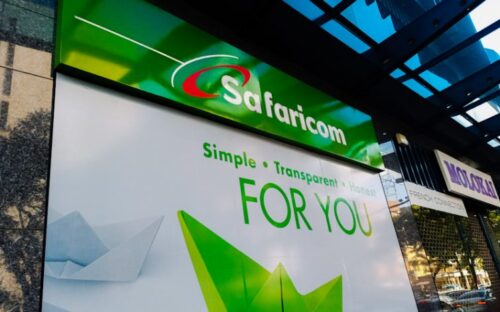
Kenya’s Ministry of Health is set to deploy an Integrated Healthcare Information Technology System (IHTS) through a consortium led by telecommunications giant Safaricom, alongside partners Apeiro Ltd and Konvergenz Network Solutions Ltd. The consortium has committed to investing KES 104.8 billion ($812.4 million) over the next decade to implement, maintain, and support the system.The financing structure allows the Ministry to adopt the IHTS without upfront capital or operational costs. Instead, the consortium will recover its investment through monthly instalments starting February 2025, contingent on meeting key project milestones.
According to Safaricom CEO Peter Ndegwa, the project is designed to create a seamless, digital healthcare framework. It includes establishing a health information exchange to ensure interoperability among health systems, implementing an integrated hospital management system to digitise public health facilities, and deploying robust cybersecurity measures to safeguard patient data in compliance with Kenyan laws.The Ministry plans to roll out the National Health Information Exchange on October 1, 2024, and has invited developers to register ahead of the launch. Beyond the technical scope, the consortium will provide training for healthcare professionals, oversee project management, and facilitate nationwide technology deployment.For Safaricom, this project aligns with its strategy to evolve into a purpose-driven technology company. Building on its success in rolling out impactful digital platforms, the initiative represents a significant step in advancing public sector digitisation in Kenya.

Despite the positive outlook, some concerns have been raised about Safaricom’s role in the consortium. Apeiro Ltd reportedly holds a 59.55% stake, while Safaricom accounts for 22.56%, and Konvergenz Network Solutions 17.89%. Speculation on social media suggested that Safaricom was hesitant to accept the contract but was compelled to proceed.The announcement follows a strong financial year for Safaricom. As of March 31, 2024, the company reported earnings of KSh 139.9 billion ($1.07 billion) before interest and tax, surpassing market expectations. Revenue rose 13.4% to KSh 335.3 billion ($2.5 billion), with M-PESA, its mobile money platform, contributing 42.4% of the total at KSh 140 billion.
Safaricom continues to expand its digital ecosystem. Recent collaborations include a partnership with Mastercard to enhance payment and cross-border remittance services, as well as securing a Payment Facilitator Certificate from Visa to strengthen its merchant network.The IHTS project reinforces Safaricom’s commitment to leveraging technology for societal impact, promising a transformative shift in Kenya’s



